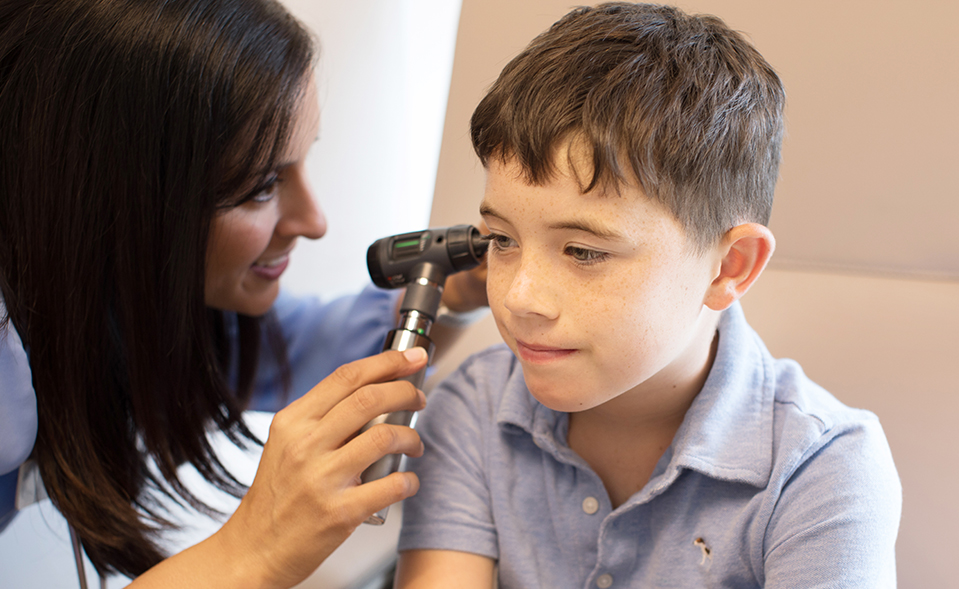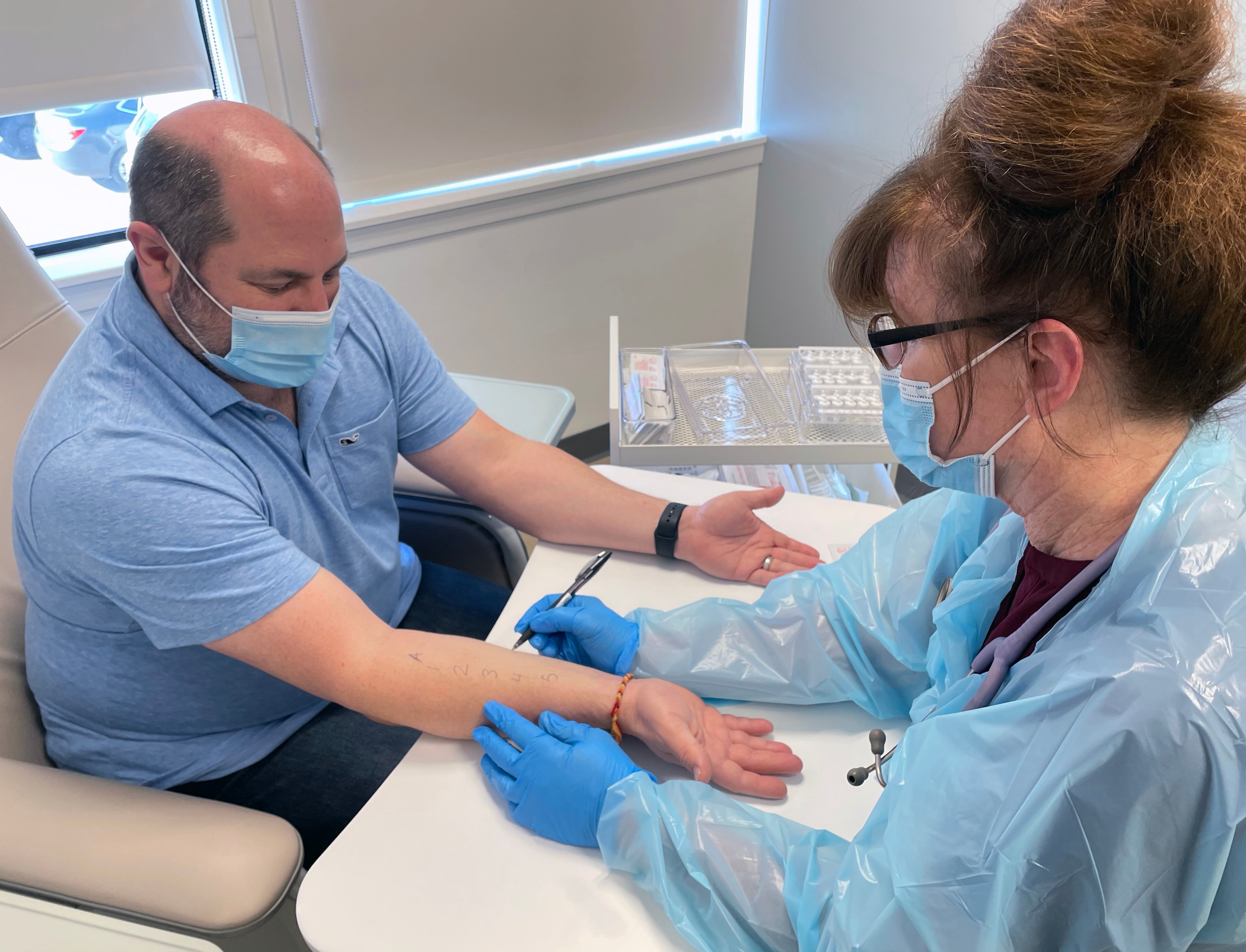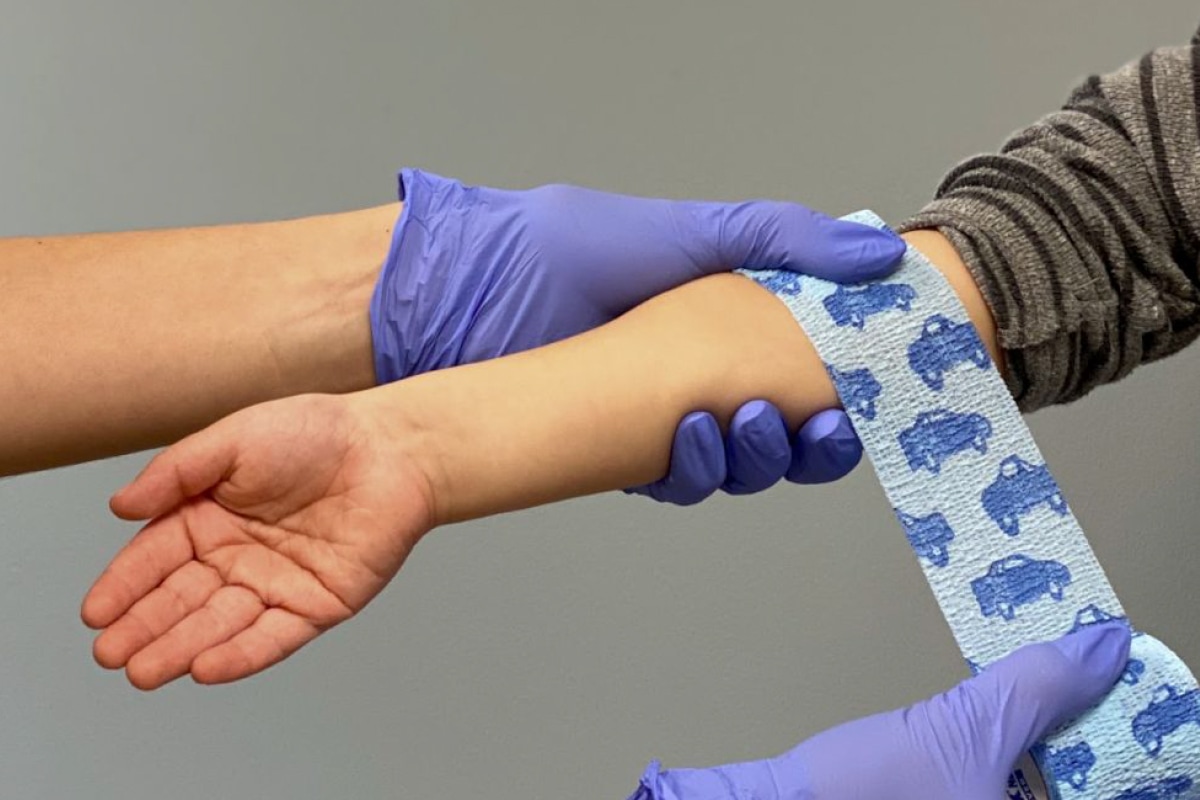How Accurate is Food Allergy Testing?
Latitude utilizes the gold standard for food allergy testing, leveraging all the tools we have to provide accurate and reliable diagnoses. Each step in the food allergy testing process is administered by a skilled clinician, ensuring that patients receive expert care throughout all stages.
While at-home food allergy tests may seem like a fast and convenient way to diagnose food allergies, the plain truth is that they do not provide accurate results. This is because a true food allergy is marked by an immune-mediated response, where the immune system releases IgE antibodies in response to a certain food protein. A skilled clinician can look for IgE antibodies during the testing process to properly diagnose a food allergy.
Conversely, at-home food allergy tests look for IgG antibodies. These antibodies function as small pieces of your body’s memory: your body recognizes food that you’ve eaten in the past through IgG antibodies. Although IgG antibodies are also produced by the immune system, they are not markers for an allergic response. IgG antibodies often generate false positives and cause patients to be misdiagnosed, either unnecessarily restricting their diet or putting their health at risk.
Any food allergy testing must be done under the care of an experienced allergist to ensure that diagnoses are reliable, accurate, and take into account a patient’s full health history. All patients deserve the peace of mind to feel confident in their food allergy diagnosis. If you are concerned that you or a loved one may have a food allergy, your best course of action is to make an appointment with an expert team who specialize in diagnosing and testing for food allergies.


